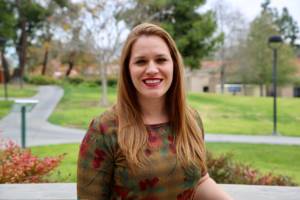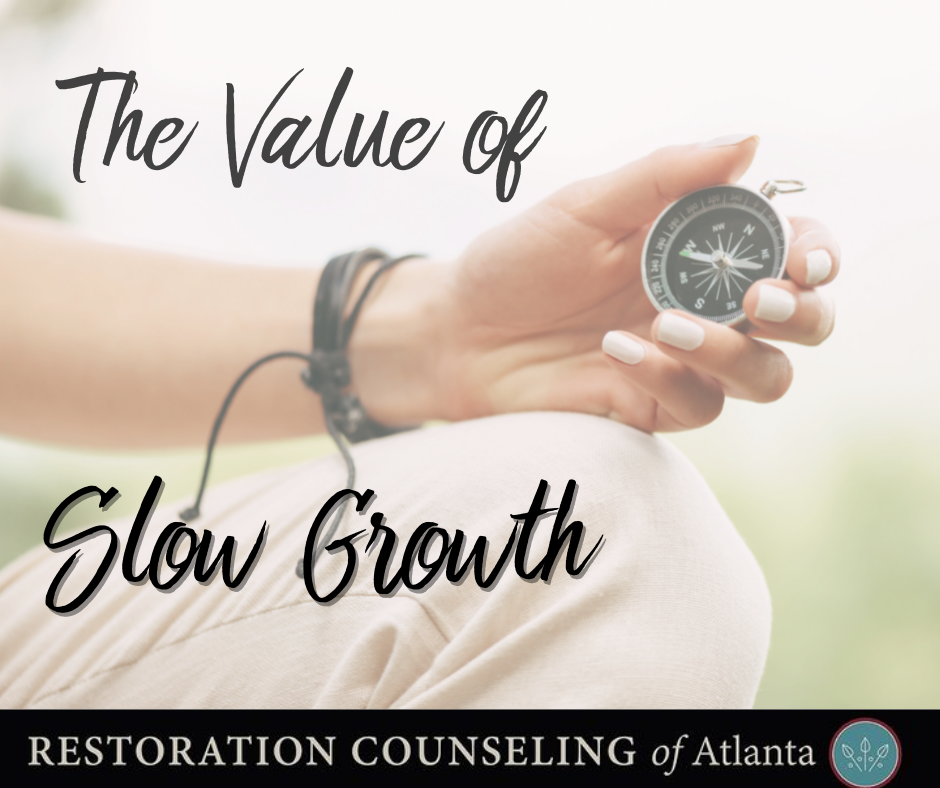Illusive Change
Little corners of our life nag at us, don’t they? These places of repeat under-performance. Places that, regardless of our efforts, refuse to shift in any sustained way. Places of broken promises to ourselves or others. Or places where our willpower has been rendered ineffective. It’s confusing. Especially when in most places, we are capable of achieving what we set our mind toward. It is unexpected that no matter our good intentions and efforts, we seem unable to make the shifts we want in our character, relationships, work, or lives.
What gives? What makes these areas immune to our current tactics of pursuing change? Why doesn’t the same familiar formula that has achieved success in other areas work on these fronts?
The Feedback Loop of Change
It can be helpful to view all realities in this life as a feedback loop. Information circling back around letting us know if the route we are pursuing is effective or not. In this scenario, it can be tricky as the current approach seems good. How could seeking dedication, persistence, commitment, tenacity, and willpower be negative? While these personality traits are not bad, they can appear out of balance. They may depend on internal resources and monopolize the focus due to being seen as the sole culprit. This seems to hinder change and the necessary action to muster up the energy needed to execute better. And while consistently performing the correct action would likely bring change, we often fail to consider if more of the same is the answer.
The Journey Begins
This consideration begins a courageous journey. We innately know it will require new ways to grow that require facing realities that we prefer to ignore. This route is painful, and we often prefer to stay in the loop of rededicating our efforts hoping that the result will be different this time. While this doubling down is understandable, Einstein has defined this cycle as “insanity” due to our preference of “doing the same things over and over expecting different results.”
If we are to accomplish the changes we desire, we must consider new inputs and new resources rather than a closed-loop system. With this in mind, it begs the question: what are these little pockets of our lives trying to teach us?
Vital Shifts
From a Direct to an Indirect Path and from a Destination to Process Focus
Archimedes, an ancient Greek mathematician, coined the phrase “the shortest distance between two points is a straight line” to describe a law of geometry in a two-dimensional scenario. He conceptualized that if you want to get from point A to point B, the shortest route is a direct path. As human beings, we assume this is possible and prefer this path in all areas we desire change.
We want to go from being overweight to a healthy weight. We want to go from overusing our phones to using them in moderation. Maybe we want to go from being late regularly to on time for our business meetings. We assume we are dealing with a two-dimensional scenario. We assume knowing change is needed and knowing the actions necessary is a direct path to execution. In our minds, we see these changes as a simple, direct path. Yet, so often, we see that adjustments are more complicated than we anticipated.
The Process Focus
We collide with the reality that, at times, the process is as important, if not more so, than the destination. That it is a process of becoming. A process of learning. A process of development over time. We must shift from the perspective of a direct, destination-focused path to embracing the lessons from an indirect, process-focused path. Then we discover the full array of dimensions involved.
From Expert Independence to Learning Interdependence
As we have established, we assume change is straightforward. We want to identify a need for growth and immediately implement the necessary actions to make adjustments. Or we want the quickest point from A to B. We want to know the formula and the path and then plow through to the destination as quickly as possible. Why? This is primarily due to our expectation that growth is linear – that we have reached maturity on all plains once we have become an adult and a relatively productive member of society. We do not realize that we grow in an iterative process. Perhaps we grow in a circular fashion revisiting areas where additional development will help us flourish in life regardless of what reality comes our way.
Stepping Back
We do not expect to enter back into the realms of not knowing and not being able. To step back into the realms of need. As we become adults, this process becomes foreign for us. Embarrassing for us. What was once familiar and common as children, we thought we left behind for good when we became adults. It is confusing and unexpected to find ourselves needing to revisit the stance of a child.
Assessing the Situation
Our preference is to self-identify problem areas and research a solution in private. Or we prefer, if others must be involved, that we receive information regarding an area of development and immediately translate that information into executed change. Our least favorite is to receive feedback and be unable to figure out how to implement it. It is difficult to have others witness the learning process. We prefer to practice behind the scenes and come back with more mastery.
Andy Crouch, in Playing God, speaks of his decision to learn a new instrument as an intentional decision to enter back into the role of student for “without these constant forays beyond my capacities, I would grow dangerously sure of myself.” Making a shift to acknowledge that there are places that we have a gap in knowledge or skill and to pursue help is a vital shift towards executing in our slow to change places.
From Harsh to Constructive Internal Dialogue
Due to our tendency toward desiring the direct path, our execution is primarily dependent on willpower. This focus employs an internal dialogue focused on motivating via shame, guilt, and contempt to drive results. This is a key indicator to notice when considering if our pushing, driving, and powering through are motivated through constructive or destructive sources.
It is often culturally normative to drive action, compliance, and results via negative emotion. We learn early on that poor performance may be met by authority figures with anger, shame, disgust, ridicule, guilt, and more. Then we internalize these responses and begin to chide, degrade, and disrespect ourselves towards desired outputs moving forward. We desire good action, which is an understandable desire, from both our past and current authority figures, as well as ourselves. It just sets us up to have our energy to pursue change divided.
How do we do this?
Initially, we learn how to do this differently from others. The shifts mentioned above provide opportunities for others to offer corrective experiences for us. They have the opportunity to provide grace, patience, and compassion in the places we struggle to extend to ourselves. Over time, we begin to learn how to develop a more constructive internal dialogue that encourages change rather than hinders it.
Benefits Garnered from Shifting
These shifts invite us towards an expanded path that no longer requires division internally to drive change. It teaches us to acknowledge and accept reality. When that happens, we increase our ability to receive the necessary resources to grow in desired areas. We also begin to develop clarity surrounding our needs. This, in turn, helps us cultivate vulnerability within relationships that encourage growth rather than hinder it.
Additionally, we begin to develop the character needed to weather all life throws our way. We learn humility, patience, compassion, and resilience. We also begin to source our persistence and dedication, and commitment in a sustainable way.
In his book All Things New, John Eldredge speaks to the reality that “maturity is living without denial.” He touches upon a key point these slow to change places seek to teach us. They shed light on a set of skills that expand our capacity in a counterintuitive way. They invite us to embrace the underbelly of ability and knowledge and power and authority. To embrace all aspects of our existence. To operate at our full capacity and flourish as a human being through accepting all of reality, rather than railing against it and living in denial. Slow growth develops us in ways quick growth cannot accomplish.
 Written by: Becca Cline, LPC
Written by: Becca Cline, LPC
Roswell Location
becca@restorationcounselingatl.com, ext. 156
Becca has received extensive training with Dr. John Townsend, New York Times best-selling author of Boundaries, and has completed training in his Competence + Character growth model. She is currently completing the Townsend Leadership Program, which focuses on achieving strategic goals to personally and professionally improve performance.
Becca works with male and female clients who are 13 years or older. She sees couples, families, and individuals. She has worked with clients dealing with various issues, including depression, anxiety, addiction, grief/loss, trauma, abuse, spiritual issues, sexuality, family-of-origin issues, codependency, anger, and interpersonal and relationship issues. Becca also has experience running process groups.

